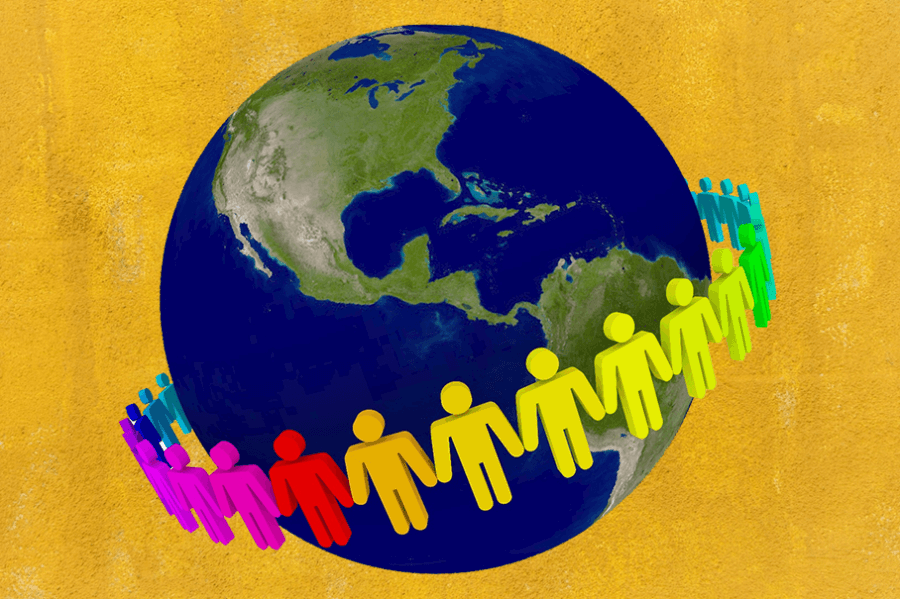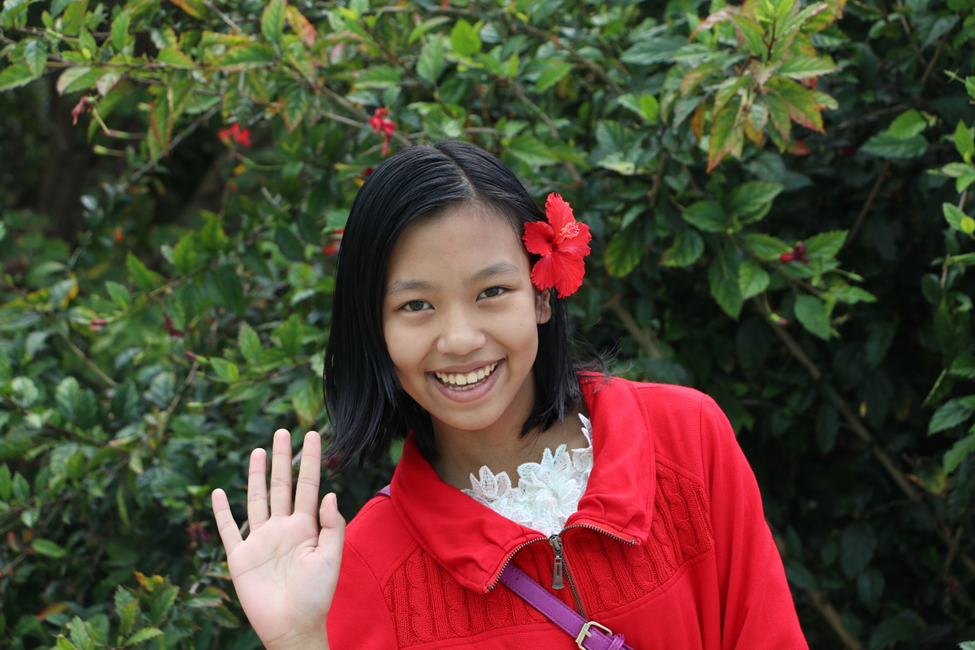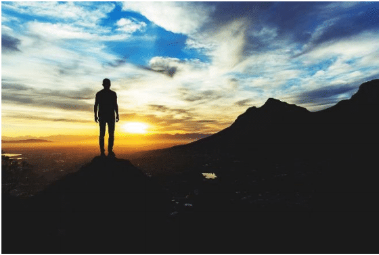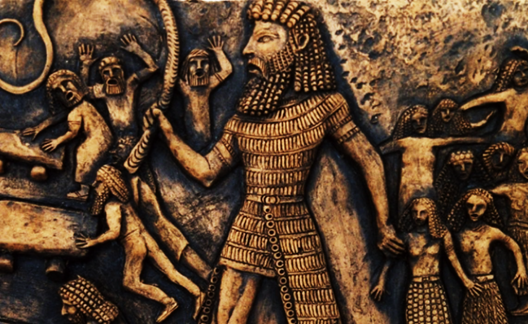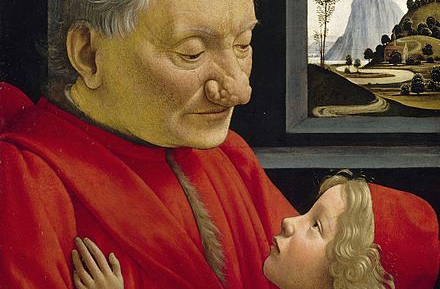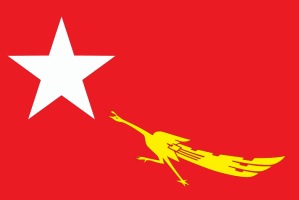Without Any Much Money
ʾAbū ʿAbd al-Lāh Muḥammad ibn ʿAbd al-Lāh l-Lawātī ṭ-Ṭanǧī ibn Baṭūṭah was born in Tangier, Morocco in 1304. Unless you are a Muslim, neither you nor I can pronounce his name. The Western world has abbreviated his name to Ibn Battuta, which I can say, more or less accurately. More importantly, Battuta is one of my mentors.
Battuta was born into money and had a long lineage of Islamic lawyers and scholars. However, what fascinated me about Battuta was his love of traveling. Instead of following in his family's footsteps, he traveled much of the known world.
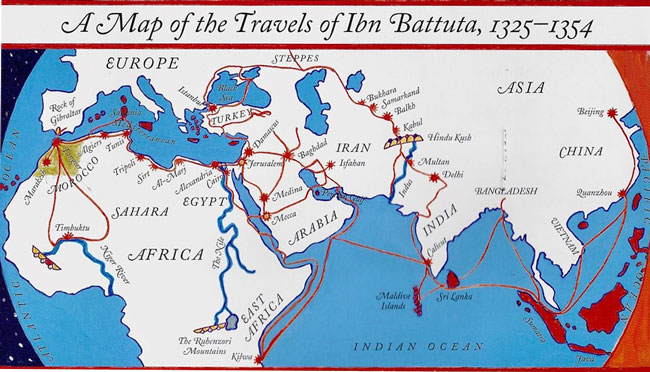
Battuta said of his journeys, “Traveling—it leaves you speechless, then turns you into a storyteller.” He is correct. After graduate school in the late 60s, I began traveling all over the world. A decade ago, I traveled to Myanmar hoping to interview the Lady, Aung San Suu Kyi. Traveling does change one’s Weltanschauung. And it does make one into a storyteller. This is my story about Myanmar.
Having failed to interview the Lady, I toured in the tourist triangle of Myanmar. A decade ago, it was safe to travel without being attacked by various guerrilla groups. One of the places I visited was the area around Inle Lake. My tour guide was Moh Moh. We toured the lake and visited stilt homes on the lake, along with villages around the lake.
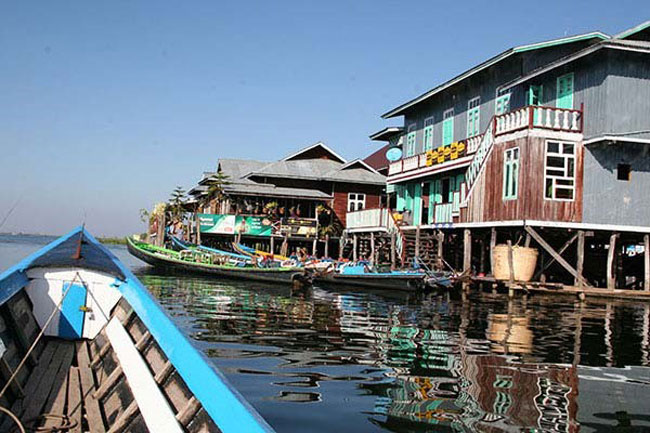
However, that is only a part of the story, the least important part. Moh Moh had to stop at her home to pick up my itinerary after leaving Inle Lake. It was there that I met her daughter, Ti Ti. Ti Ti was nine years old and wanted to play Scrabble with me. After leaving their home, I realized that I discovered my family.
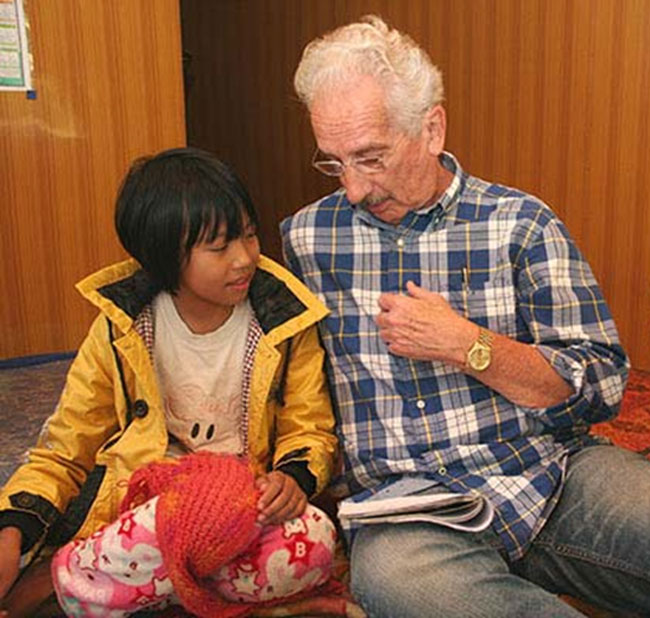
Several years later, I returned to Myanmar and failed to interview the Lady again. My tour guide was Ko Ko, Moh’s husband, this time. I think that they met while they were in college.
Three years ago, I returned to Myanmar. First, we attended Ti Ti’s high school’s honor assembly, where she won first in math in Shan State.

Then, we took our family tour together to places that rarely see American tourists like Set Set Yo. In my previous essay, I mentioned the small village where I discovered my great-granddaughter. Talk about our transformational time together.

I returned to the States in early January. Later that month, COVID-19 began to travel throughout the entire world. The following year, the military seized power in Myanmar. The country is in the midst of a civil war, which is problematic for my family’s safety, along with the rest of the people in Myanmar. There aren’t any foreign tourists booking trips to see Yangon, Bagan, Inle Lake, Mandalay, Naypyidaw, Taunggyi, or Loikaw. Tourism generated much of my family’s income.
What I admire about Moh Moh and Ko Ko is when problems arise, they work to resolve the issue. They opened a shop called the Diamond Crown, which sells woven bags, threads, ropes, and related supplies.
The gal in a white top and beige hat is Ti Ti, and next to her is Moh Moh in a blue top. The lady with the pink top is called Auntie. One of Ti Ti’s younger sisters is wearing a blue jacket, and the other has a brown one. The woman in the brown coat is Ko Ko’s mother. Ko Ko attached the shop’s sign with the help of the crowd of onlookers where to place the sign. I met Auntie and Ko Ko’s mother during my trips to Myanmar.
These are some of the store’s supplies.
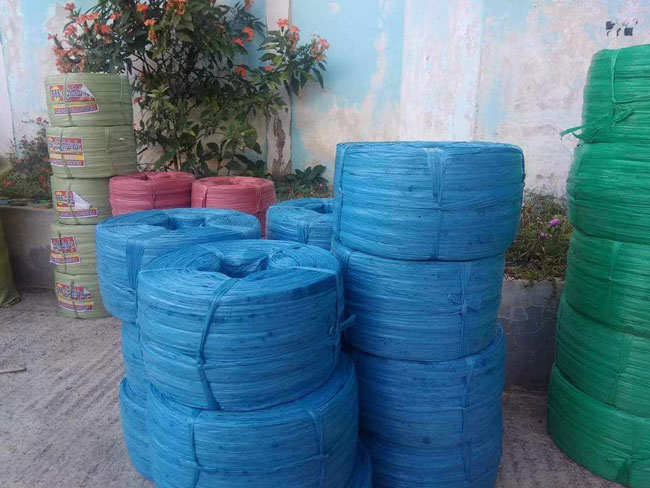
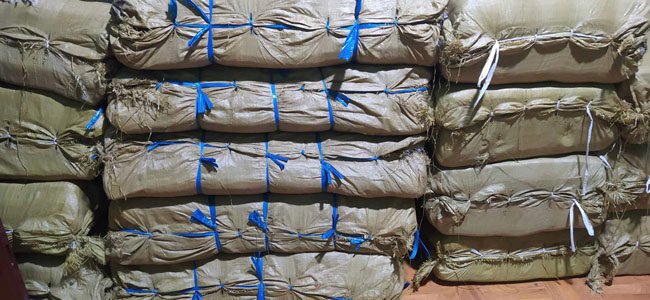
This video is of Moh Moh showing the supplies in the shop.
Ko Ko is fluent in Russian and has translated and taught the Russian language to students. He is also doing some of that work now.
Moh Moh and Ko Ko have been excellent parents and have taught my three granddaughters exceptionally well. This is an example of how they teach their children. In my previous essay about discovering my great-granddaughter, A Ngal Lay, at Set Set Yo, they planned our family tour. They never told me why we went to Set Set Yo. It wasn’t until I noticed that all the local children had pencils and notebooks, which Ko Ko and Moh Moh gave them.
They wanted to share what they had. As I wrote that last sentence, it hit me. I sat back and mused over how their giving to the young children pencils and notebooks allowed me to discover A Ngal Lay. Had they not taken me to Set Set Yo, I would have never discovered my great-granddaughter. I’ve included A Ngal Lay on all my monthly wire transfers because she is a part of our family.
Moh Moh and Ko Ko are richer because they give material things and other types of assistance to those in need. It is an absolute paradox or oxymoron, but it is true. I have often written about my mantra, “It is in giving that we get.” If you wish to be wealthy, begin by giving to others. Many Americans are rich and possess great financial wealth, but they essentially live in poverty due to not sharing. We all have a choice about reaching out to others and helping them with our time, talent, and other gifts. Remember, the more you give, the richer you will become.








